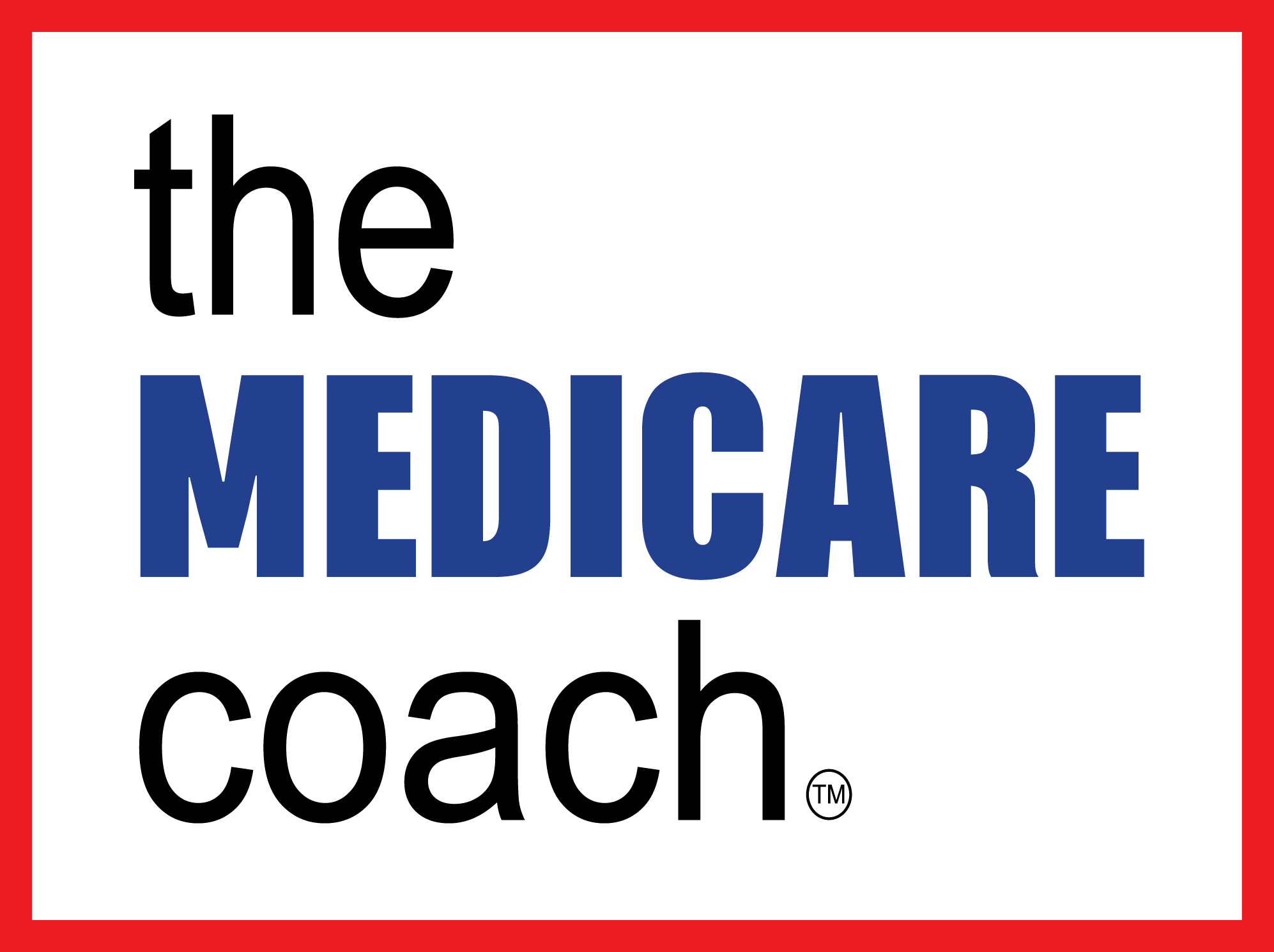Here are some important Medicare definitions that will assist you when these terms are used. Number one and by far the most important is Assignment.
What does assignment mean?
Always ask all Medicare providers, do you accept assignment? Assignment is an agreement by your doctor, provider, or supplier to be paid directly by Medicare, to accept the payment amount Medicare approves for the service, and not to bill you for any more than the Medicare deductible and coinsurance.
What is Coinsurance?
Coinsurance is an amount you may be required to pay as your share of the cost for services after you pay any deductibles. Coinsurance is usually a percentage like 20%.
What is a copayment?
A copayment is an amount you are required to pay as your share of the cost for medical service or supply, like a doctor’s visit, hospital outpatient visit, or prescription drug. A copayment is usually a set amount, rather than a percentage. For example, you might pay $10 or $20 for a doctor’s visit or prescription drug.
What is creditable prescription drug coverage?
This is one of the most overlooked items whenever Medicare beneficiaries decide to keep working and remain on group coverage after they turn age 65. It’s important to know if your group coverage is “CREDITABLE”, meaning as good as or better than what Medicare’s standard prescription program offers.
The only way to know is to ask your human resource person at work. If it is not creditable, you will be assessed a monthly penalty until such time as you enroll in Medicare prescription drug coverage.
What does Medicare-approved amount mean?
In Original Medicare, this is the amount a doctor or supplier that accepts assignment can be paid. It may be less than the actual amount a doctor or supplier charges. Medicare pays part of this amount and you are responsible for the difference.
What is the difference between the two programs offered by Medicare?
Medicare offers two entirely different programs. One is Original Medicare and the other is Private Medicare Advantage. You must understand how each program works before you will know which one to choose.
Original Medicare is administered by the Federal government in partnership with private insurance companies who provide individual supplement and prescription insurance.
The federal government through the Centers for Medicare and Medicaid services usually pays 80% of the approved charges, and the private supplement insurance pays the other 20%. Your prescription plan is provided by a private insurance carrier.
Private Medicare Advantage plans sometimes called “Part C” are offered by private companies that Medicare approves. You are still in Medicare but your services are provided by private insurance companies with Federal subsidized dollars they receive based on a pre-arranged payment formula.
These companies must follow minimum criteria rules set by Medicare that are comparable to what beneficiaries receive under Original Medicare. However, each Medicare Advantage plan can charge different out-of-pocket costs and have different rules for how you get services each year.
Coach


